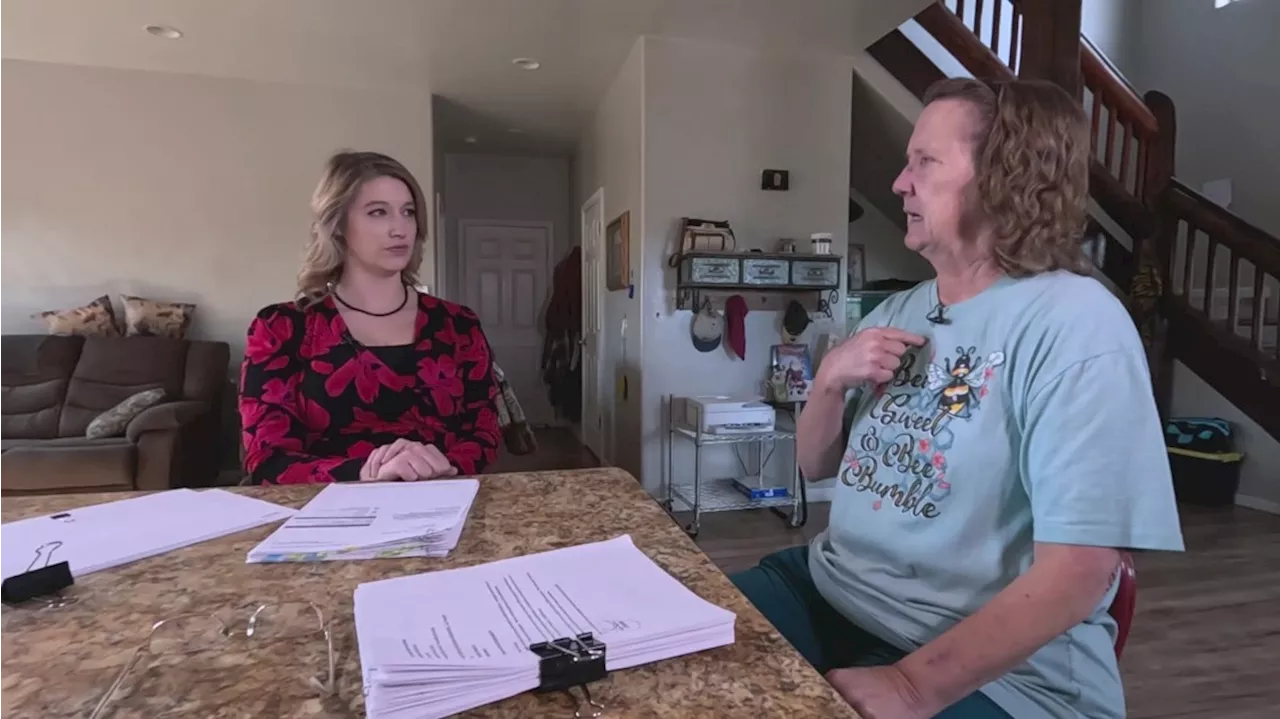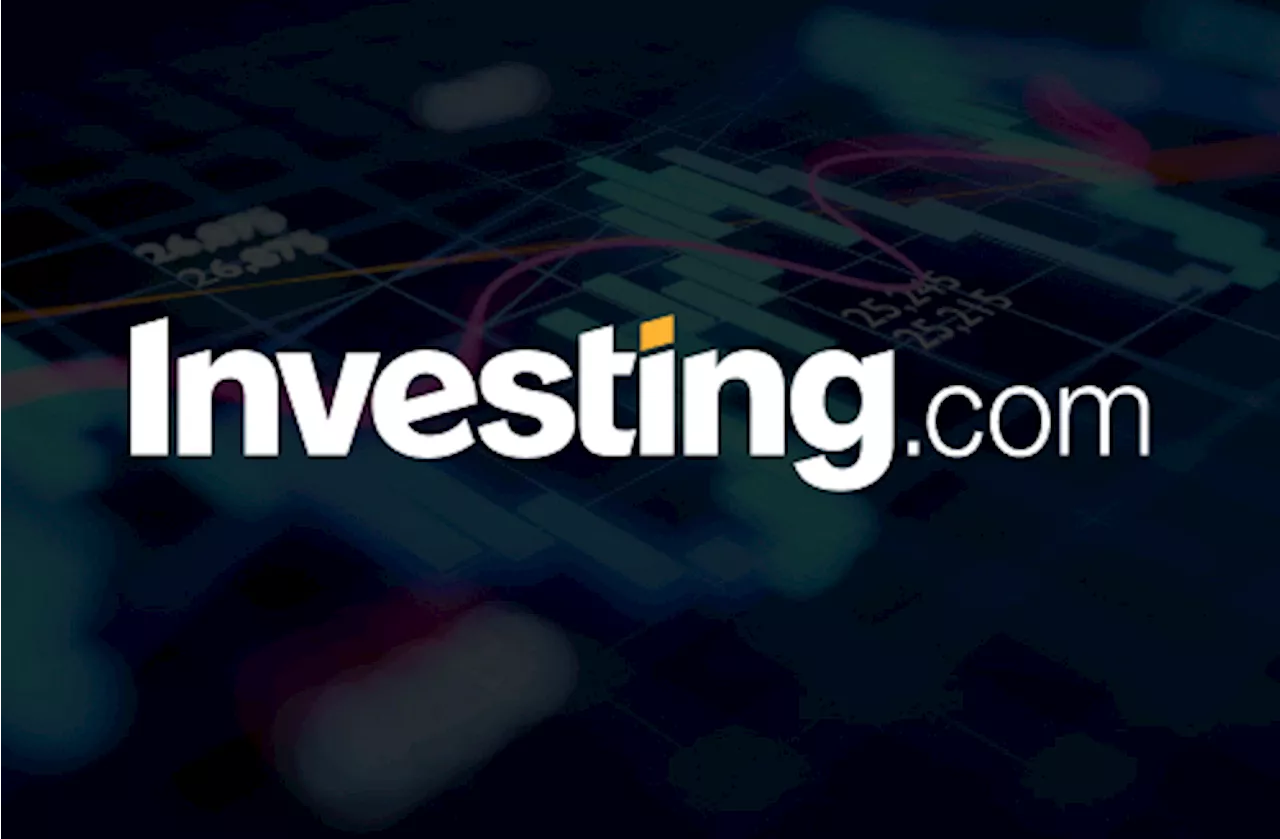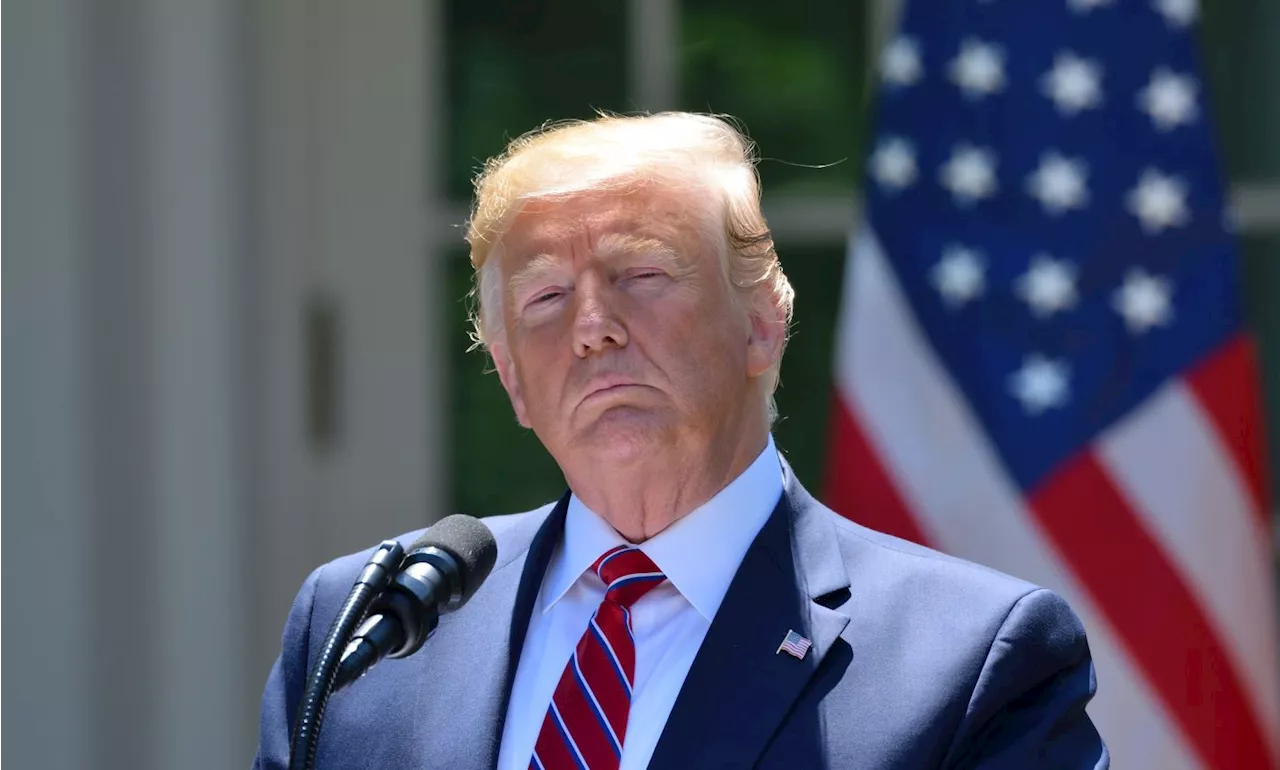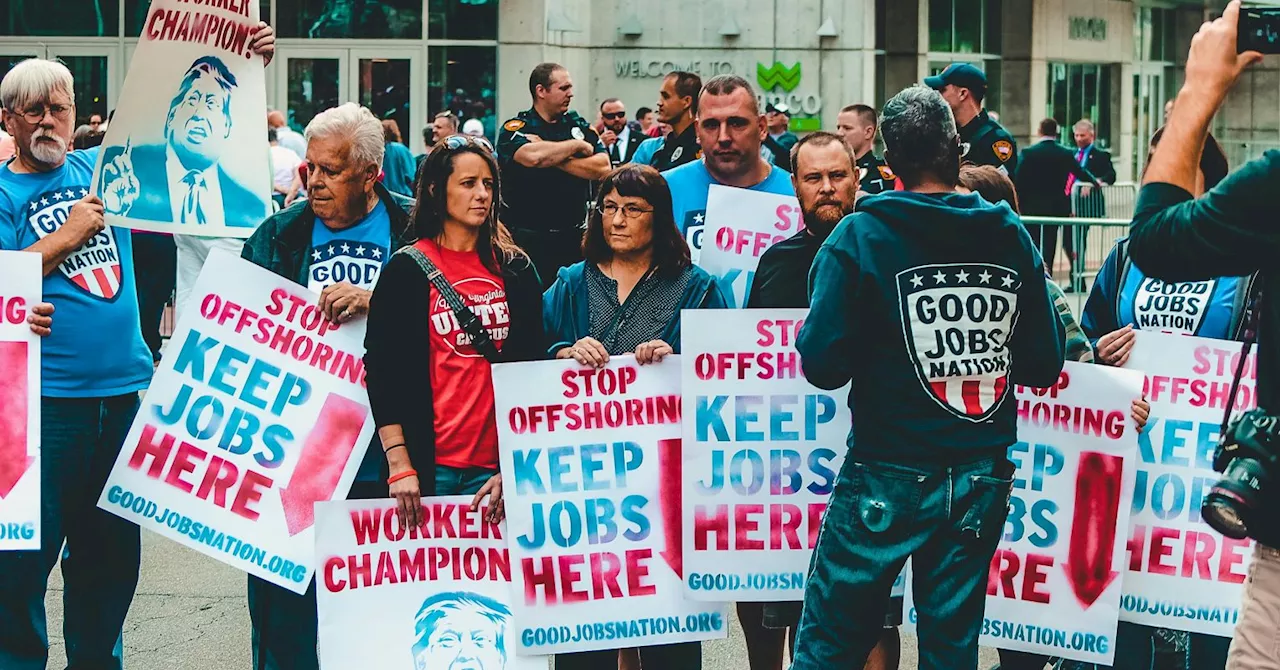This article explores the influence of income, education, and economic standing on voting patterns in the recent US presidential election. It highlights the growing social class divide and the reasons behind Trump's increasing appeal among working-class voters of diverse backgrounds.
Three key issues emerged as the strongest predictors of Americans' presidential vote in the recent election: income, educational attainment, and current economic standing. Analysis reveals a stark divide in voter sentiment based on these factors. Americans who felt financially strained at the time of the election overwhelmingly favored Trump over Harris (82 percent to 16 percent), while those who felt more financially secure leaned decidedly towards Harris (83 percent to 14 percent).
This pattern extended to education and income levels. The majority of Americans without college degrees voted for Trump, while college graduates predominantly supported Harris. Similarly, the majority of voters earning less than $100,000 favored Trump, while higher earners leaned towards Harris. The confluence of these factors – greater financial insecurity, lower levels of educational attainment, and lower incomes – tipped the election in Trump's favor.This election underscored the growing social class divide in American politics. Financial anxiety fueled a sense that the system was rigged against them, with many feeling unheard by political leaders. Conversely, those with financial stability perceived the system as fair and felt represented. Notably, Trump's support expanded among working-class voters of diverse racial and generational backgrounds compared to the 2020 election. He gained ground among young, Black, and Hispanic voters, many of whom cited economic hardship as a key factor. While most Black voters still favored Harris, her margin of support declined compared to Biden in 2020, indicating a shift in voting patterns.This trend reflects a broader societal concern. The widening social class gap, exacerbated by neoliberal policies that prioritize free markets and reduce government spending on social safety nets, has created a sense of economic instability and resentment among lower and middle-income Americans. They feel excluded from the benefits of economic growth and perceive a lack of representation within the political system. Bridging this divide requires fostering empathy and understanding across social class lines. Encouraging interactions and conversations between individuals from different socioeconomic backgrounds can help break down stereotypes, challenge assumptions, and build a more inclusive society
SOCIAL CLASS ELECTION INCOME DISPARITY ECONOMIC INSECURITY POLITICAL TENSIONS
United States Latest News, United States Headlines
Similar News:You can also read news stories similar to this one that we have collected from other news sources.
 Ancient Shipwreck Unearthed by Caspian Sea Rising TideA 90-foot-long shipwreck has been discovered on the southern coast of the Caspian Sea in Iran. The vessel, likely a three-masted ship with a double hull, was unearthed by rising sea levels which eroded a sand dune covering it.
Ancient Shipwreck Unearthed by Caspian Sea Rising TideA 90-foot-long shipwreck has been discovered on the southern coast of the Caspian Sea in Iran. The vessel, likely a three-masted ship with a double hull, was unearthed by rising sea levels which eroded a sand dune covering it.
Read more »
 America's Rising Tide of AntisemitismThe article discusses the alarming increase in radicalization and antisemitism in America, highlighting its presence in education, media, and daily life. It warns about the threat posed by progressive ideologies that promote anti-American agendas and violence. It also calls for a stronger government response to combat domestic antisemitism.
America's Rising Tide of AntisemitismThe article discusses the alarming increase in radicalization and antisemitism in America, highlighting its presence in education, media, and daily life. It warns about the threat posed by progressive ideologies that promote anti-American agendas and violence. It also calls for a stronger government response to combat domestic antisemitism.
Read more »
 The Rising Tide of Debt Collection Lawsuits and the Struggle for FairnessThis article examines the growing problem of debt collection lawsuits in the United States, highlighting the challenges faced by individuals who often cannot afford legal representation. It explores the lack of debt verification, the high cost of legal services, and the tendency for individuals to default due to an inability to respond. The article also calls for reforms to protect consumers and ensure a fairer legal system.
The Rising Tide of Debt Collection Lawsuits and the Struggle for FairnessThis article examines the growing problem of debt collection lawsuits in the United States, highlighting the challenges faced by individuals who often cannot afford legal representation. It explores the lack of debt verification, the high cost of legal services, and the tendency for individuals to default due to an inability to respond. The article also calls for reforms to protect consumers and ensure a fairer legal system.
Read more »
 China's Economic Slowdown Looms: Overcapacity, Weak Consumption, and Rising UnemploymentChina's economic growth faces a critical juncture, with structural challenges and weak consumer demand raising concerns about a potential slowdown. Overcapacity in key industries, coupled with declining property values and youth unemployment, threatens long-term stability.
China's Economic Slowdown Looms: Overcapacity, Weak Consumption, and Rising UnemploymentChina's economic growth faces a critical juncture, with structural challenges and weak consumer demand raising concerns about a potential slowdown. Overcapacity in key industries, coupled with declining property values and youth unemployment, threatens long-term stability.
Read more »
 Trump Names Crypto-Friendly Stephen Miran as Chair of Council of Economic AdvisersThe Council of Economic Advisors is tasked with providing the President advice on economic issues.
Trump Names Crypto-Friendly Stephen Miran as Chair of Council of Economic AdvisersThe Council of Economic Advisors is tasked with providing the President advice on economic issues.
Read more »
 Americans Face Economic Uncertainty in 2025Despite positive economic predictions, Americans anticipate a year of political conflict and economic uncertainty in 2025.
Americans Face Economic Uncertainty in 2025Despite positive economic predictions, Americans anticipate a year of political conflict and economic uncertainty in 2025.
Read more »
